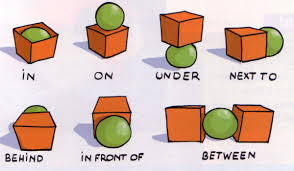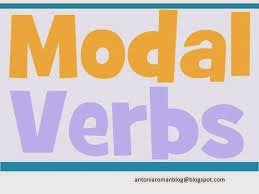Get is one of the most common words in English, and is used in many different ways.
It is used in spoken and informal written English.
|
get + noun / pronoun
|
It usually means “receive”, “obtain”, “catch” or
something similar. The exact meaning depends on the object.
I got a
letter from Lucy this morning.
If I listen to loud music I get a headache.
I didn’t get
the joke. (=understand)
|
|
get + adjective
|
Before and adjective, get usually means “become”.
As you get
old, your memory gets work.
My feet are getting
cold.
|
|
get + preposition
|
Before a preposition, get nearly always refers to a
movement of some kind.
I often get
up at five o’clock.
Would you mind getting
off my foot?
In some idioms the meaning is different:
get to a
place (=arrive at)
get over
something (=recover from)
get on with
sb. (=have a good relationship with)
|
|
get + past participle
|
This structure often has a reflexive meaning, to
talk about things that we “do to ourselves”.
get washed,
get dressed, get lost, get engaged, get married / divorced.
|
|
get + -ing /infinitive
|
get + -ing (=star
…-ing) Very informal. Especially in the expressions: get moving, get going.
We’d better get
moving, it’s late.
get + infinitive
(=manage, have an opportunity, be allowed).
We didn’t get
to see her, she was too busy…
|
|
Causative:
get something done
|
get + object + past participle
It means “cause something to be done by somebody
else”. The past participle has a passive meaning.
I’m going to get
my hair cut this afternoon.
|
|
got and gotten
|
In British
English the past participle of get is got.
In American
English the past participle is gotten.
You have
gotten us in a lot of trouble.
|




























